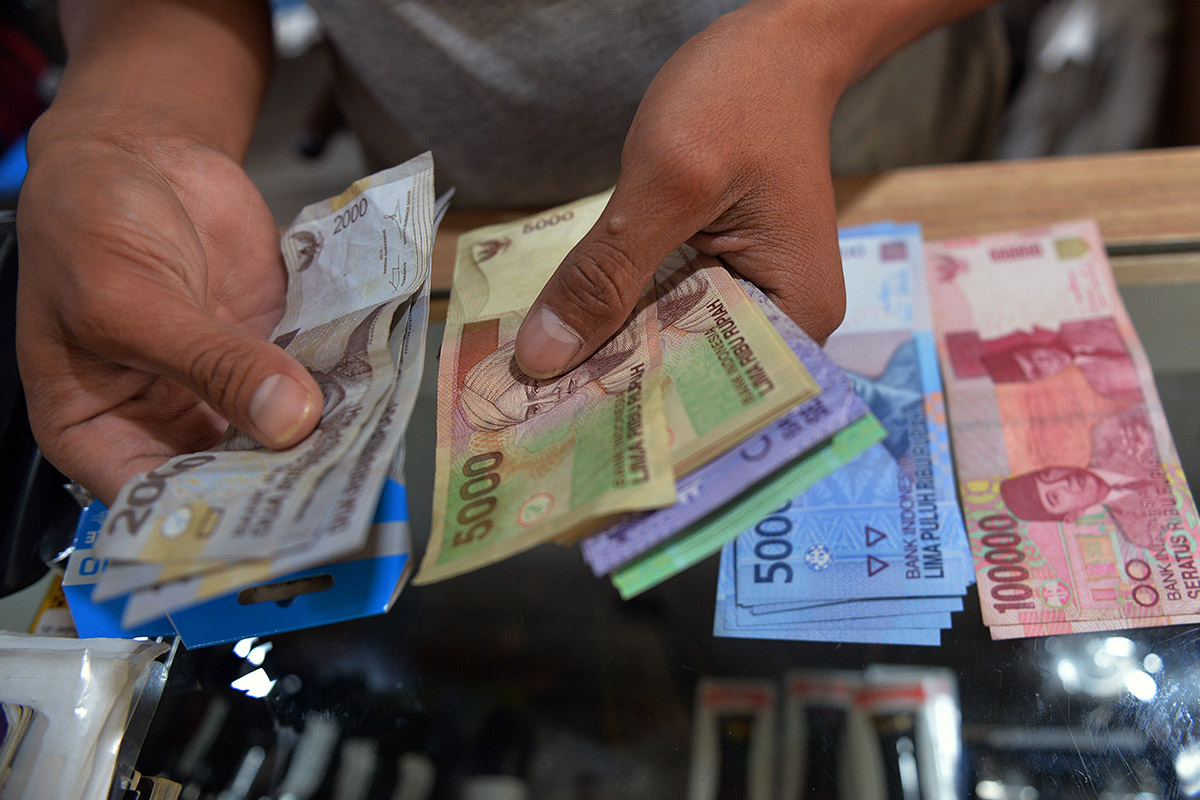Indonesia’s central bank is in no rush to pull the interest rate trigger just yet, thanks in part to the government.
While policy makers in Malaysia have started raising rates, Bank Indonesia has refrained from tightening as benign prices allow Governor Agus Martowardojo to focus on supporting economic growth. A series of anti-inflation measures rolled out by President Joko Widodo is giving the central bank even more time.
With inflation remaining comfortably within Bank Indonesia’s 2.5 percent to 4.5 percent target, all 19 economists surveyed by Bloomberg expect the benchmark interest rate will be kept at 4.25 percent on Thursday.
“Inflation is quite benign right now,” said David Sumual, chief economist at PT Bank Central Asia in Jakarta. “The concern right now are the external factors with regard to the acceleration of trade-war rhetoric and US rate hikes.”
Here’s what to watch for in the statement:
Inflation Outlook
The government has taken steps to limit cost pressures ahead of the fasting month of Ramadan in mid-May, when prices of volatile food items would normally spike. While inflation picked up to 3.4 percent in March, prices have gained less than 4 percent every month since July.
Fuel retailers would soon need government approval before raising prices and coal miners have been ordered to lower prices of the fuel sold to domestic electricity producers by a third.
“In the short-term and the medium term, we don’t have any concern about inflation," Sumual said. The central bank would remain focused on currency stability, he said.
Currency Risks
While some calm has returned to the currency market after the rupiah fell to a two-year low against the dollar in March, Indonesia’s central bank remains vigilant. It’s already tapped foreign reserves to the tune of about US$6 billion in the past two months to defend the currency and has made it clear it will not hesitate to intervene again.
Trade Threat
Rising trade protectionism is emerging as a bigger threat to the economy’s outlook. Finance Minister Sri Mulyani Indrawati said last week she remains optimistic of achieving this year’s growth goal of 5.4 percent, which would be the fastest pace of expansion in five years. But she’s also worried about the potential fallout of a trade war between the U.S. and China as nations such as Indonesia get caught in the crossfire.
“When you have two elephants fighting, it’s going to be the Bambi who is actually the victim,” Indrawati said.– Bloomberg
